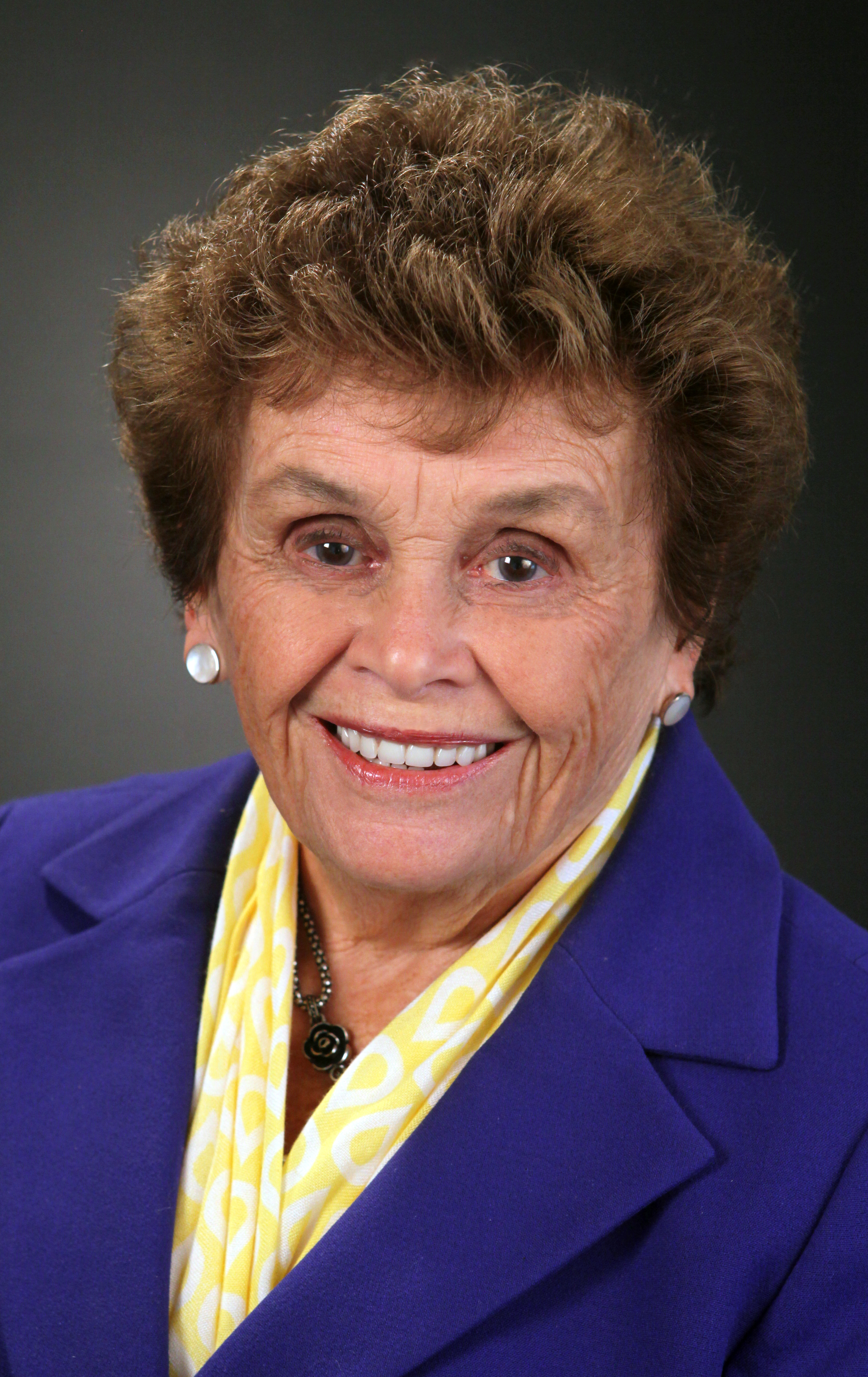AARP Hearing Center
By Kathleen Connell, AARP Rhode Island
This essay is published in the March RI Senior Digest

John Martin, our communications guru at AARP Rhode Island, is having a war with words.
You may remember John as a Rhode Island radio talk show host and for 12 years a columnist at the Providence Journal. When it comes to words he is not only knowledgeable he also cares.
He’s the main reason that you won’t see the word “elderly” very often in anything coming out of AARP. You would think he wrestles with alternatives. True, he says, until he realizes that more often than not, you should simply take age out of the equation.
Caregivers, for instance, are often said to provide assistance to their “elderly” parents. Rather than subtly suggesting that “elderly” people need care, he would simply delete the age reference. Parents of all ages develop disabilities minor and major. Why arbitrarily label them all (or any age group) as elderly?
Sometimes, age matters. If there is a program or benefit that is frequently referred to as intended to help “the elderly,” John will determine exactly what that means. So, instead, he will write, for instance, “people qualifying must be 65 or older.” He says this sensitivity has its roots in years of working with newspaper copy editors who insisted on specificity and clarity. To astute editors, “elderly” has no meaning, other than readers’ random and perhaps biased impressions.
John, by the way, has similar feelings about avoiding “seniors.”
From childhood through early adulthood I am sure you thought 40 was old and your grandparents were ancient. Then one day, you find yourself taking great comfort that 60 is the new 50.
One of the reasons that you now hear AARP refer to “the 50+ population” is that we are trying to promote how at around 50, lifestyles, work situations and many other things, including health, begin to change. It’s not the beginning of a death sentence. It’s a time to develop a midlife plan that will allow you to pivot in the work force, if necessary or desired, and over time age with dignity, better health and financial security. Timing and circumstances are different for everyone.
That gets us to “retirement.”
I read recently that “retirement” originates from the French word “retirer,” meaning to withdraw. Part of retirer – tirer – comes from “martir” or in English, martyr. Martyrs generally are tortured and die a dreadful death. Thank you very much. Still, “retire” does trigger a certain negativism as far age perception and making, meaningful contributions to society.
John came up with an enlightening exercise. “I describe Harry as a retired businessman who lives in Cranston, I ask people to picture him in their minds and guess his age. Guesses start at 65 and range to 80. Then I describe Harry as former CEO of XYZ Corp who lives in Cranston and left his job to run a non-profit afterschool program for at-risk high school students. Guesses will like start at around 50. Same guy?
And please, John adds, stop with the “compliments” that Harry looks awfully good for someone his age. “The implications are, good God, Harry, I’m astonished you’re not decrepit, spent and eating only soft foods considering you’re actually 85. Just ask him how he stays in such great shape - the same way you would ask someone half his age.”
I’ll finish with a couple of thoughtful quotes.
Ann Gerike, author of Old is Not a Four-Letter Word, says if we mean to say that someone is healthy, happy, vital, creative and energetic, we need to use these adjectives, rather than just saying the person is young. If we mean to say that someone is unhealthy, miserable, rigid or boring, we need to use these words, rather than saying the person is old.
Cultural anthropologist Mary Catherine Bateson said it well. “We’ve added 20 years not to the end of life but to the middle of life.” This period of time, she says, is uncharted territory of expectations, experiences and potential for growth and change.
AAAP launched a new campaign promoting our “Disrupt Aging” efforts with a post-Super Bowl commercial you may have seen.
In a word or two, it’s all about exploring Bateson’s “uncharted territories” of midlife and beyond, leaving ageism (and “old” words) in our wake.































































